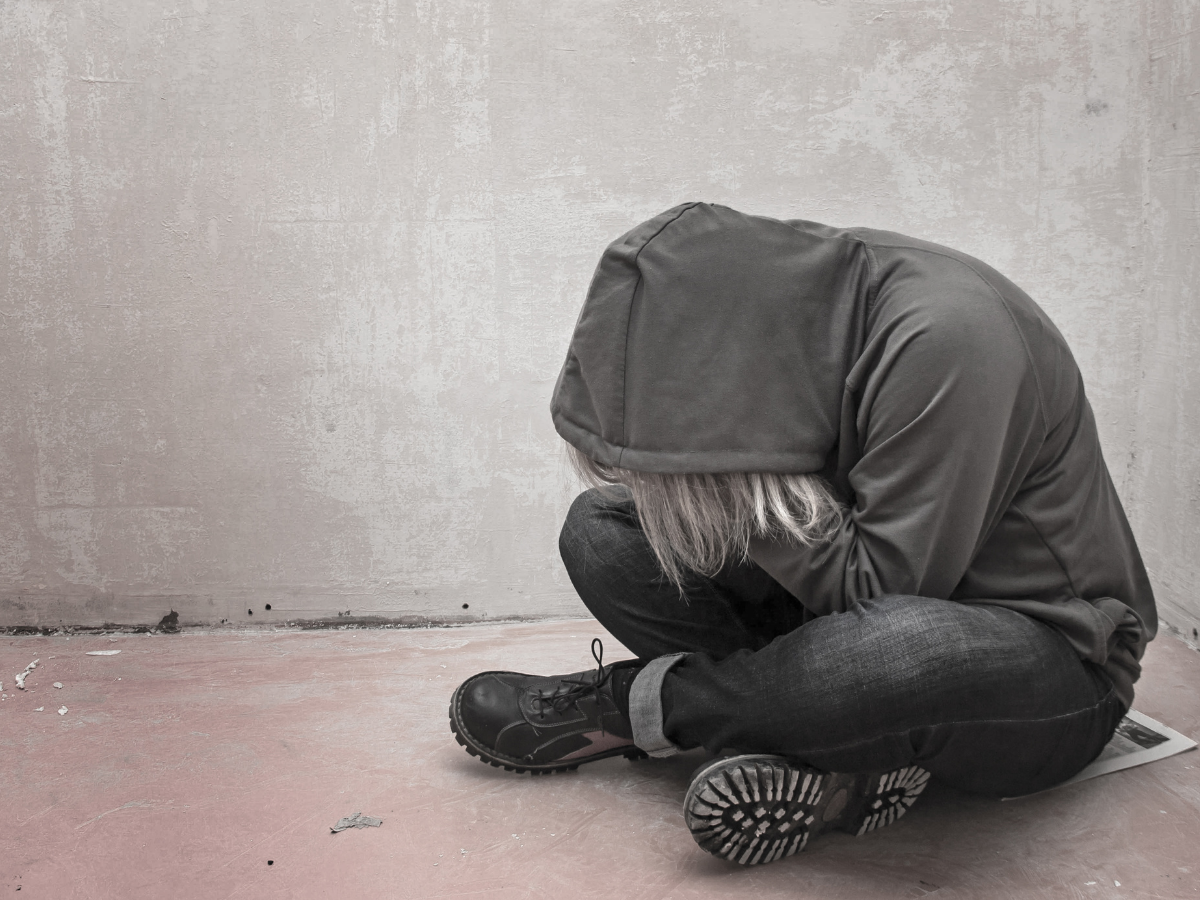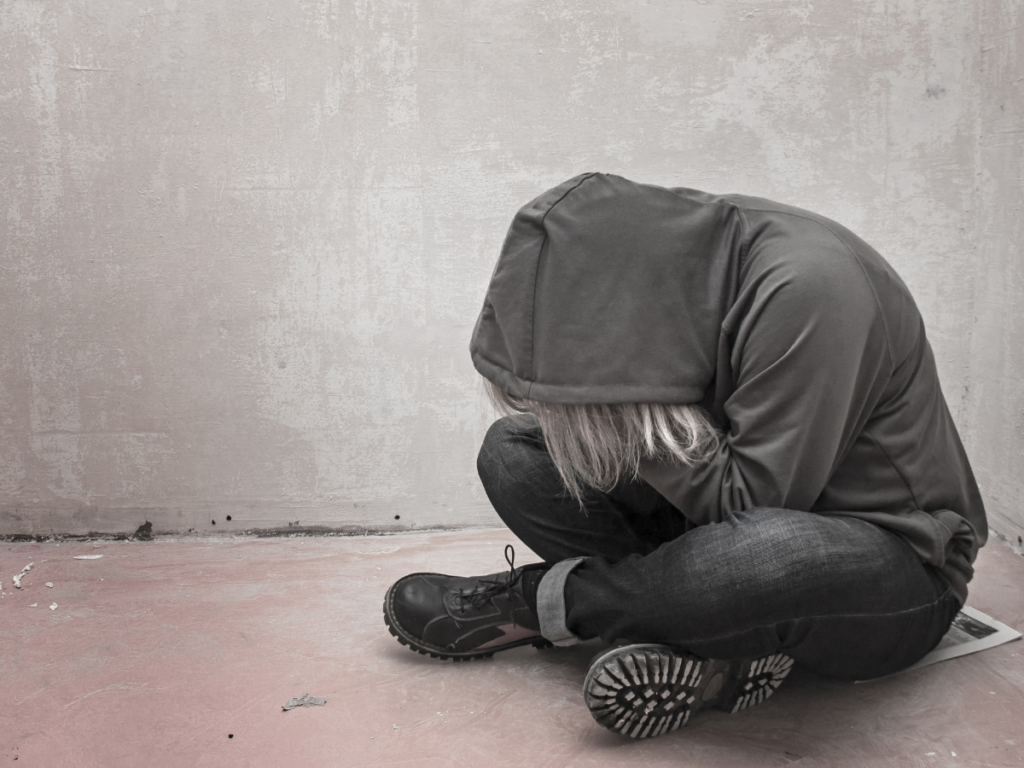 Acceptance is the first step to recovery, but many will wait to realize their negative patterns, remaining in ignorant bliss or addiction denial. There are five stages of addiction before undergoing the stages of grief that follow recognition of the dependency on a particular substance. Addiction is experienced differently by everyone but many share symptoms and harmful side effects on the body and mind. Therefore, a medically monitored drug detox is advised as soon as possible to avoid potential overdose.
Acceptance is the first step to recovery, but many will wait to realize their negative patterns, remaining in ignorant bliss or addiction denial. There are five stages of addiction before undergoing the stages of grief that follow recognition of the dependency on a particular substance. Addiction is experienced differently by everyone but many share symptoms and harmful side effects on the body and mind. Therefore, a medically monitored drug detox is advised as soon as possible to avoid potential overdose.
The Five Stages of Addiction
Before understanding the stages of grief in addiction, it’s important to be aware of the links in the chain that form addiction denial in the first place. Many addicts will also show behavioral changes as their physical appearance will alter and appear less hygienic. Many signs display addiction from mood swings, defensive behavior, itching, and sores around the mouth depending on the drug abused.
First use
Individuals may first try a drug because it was prescribed for medical purposes. Often, people will experiment with drug use or feel pressured to try certain substances. There are numerous causes why a person will choose to smoke, inject, or orally take drugs, but the repercussions may very well be an addiction. Typically, in the beginning, stage of first use, the side effects of most drugs grant a euphoric sensation or “high” feeling. Many people enjoy these effects since they can distract an individual from responsibilities, life’s stresses, or depression. However, long-term use of drugs can heighten these negative mental states and cause physical health risks.
Continued Use
After the first stage of addiction or the start of dependency is continued use. Continuing the use of drugs, especially if meant to be used as medication, can quickly build a person’s tolerance. Now, a habit of forming and creating continuous health risks, and increases the chances of future overdose. People will continue to use the drugs until symptoms become severe and worsen over time.
Tolerance
The third factor in the addiction stages includes a person’s tolerance to the given substance. The brain and body adapt to the effects of the drug, so cravings are frequent since dopamine levels rise from when the drug is consumed. A person will increase doses and take the drugs frequently due to symptoms wearing off faster than the first few uses.
Dependence
Addiction denial follows dependency on a substance since a person will experience painful withdrawal symptoms if they do not continue the use of the particular drug. For example, if a person is struggling with alcoholism then an alcohol detox is needed to be able to safely get through withdrawals.
Addiction
Of course, the final step is addiction. Addiction is when a person feels dependent on the drug due to dreading withdrawals, cravings, and building a high tolerance. At this point, addicts will face many hardships that may look like a lack of motivation, poor work ethic, losing relationships, and physical health repercussions. Unfortunately, if a person does not seek treatment, the chance of overdose increases after every use.
The Five Stages of Grief
The five stages of grief that follow addiction include denial, anger, bargaining, depression, and acceptance. The denial stage of addiction is extremely notable due to the difficulty of the process. The denial stage can be overly time-consuming for many addicts who do not wish to admit to the problem. Nevertheless, denial is a natural defense mechanism, especially since someone who is addicted does not want to give up the euphoric sensation and distraction from drug use. When a person begins to recognize that others are pointing out their addiction problem and the pain from symptoms becomes unbearable, anger toward themselves and others is expected. It’s best not to suppress these emotions since it can lead to why an addict seeks treatment. Bargaining means an addict may attempt to regain control over their drug use or convince themselves they can stop their addiction independently. Depression and acceptance result from an addict throwing their hands up and coming to a full circle on their addiction denial. A person will realize that they are experiencing psychological and physical issues that need to be addressed. Of course, there is hope for an addict to recover and plans to prevent relapse. The first step is denying addiction and stepping into realization and redemption.
Recovery is Possible at Evoke Wellness Treatment Center
At our Florida Wellness Rehab, our experienced medical staff understands the stages of addiction recovery, and we prioritize your needs through the process. We offer family therapy programs so patients can work with their loved ones through the recovery process while having the benefits of a mediator and licensed professional. We understand that addiction is experienced differently by everyone, but recovery is for anyone and everyone. Please, don’t hesitate to contact a specialist at Evoke Wellness today at 833-819-6066 and ask about our intensive inpatient rehab program to get started today! Related Readings: Denial Stage of Addiction and How to HelpMost Addictive Medication


